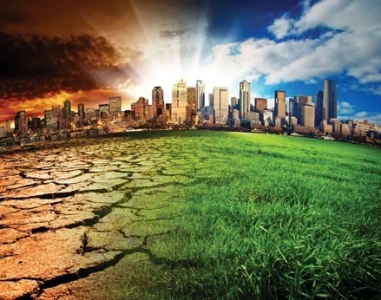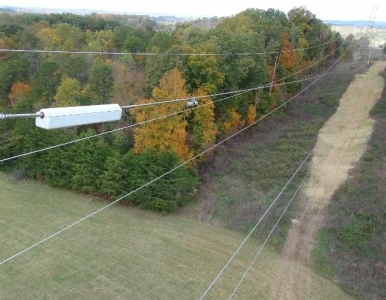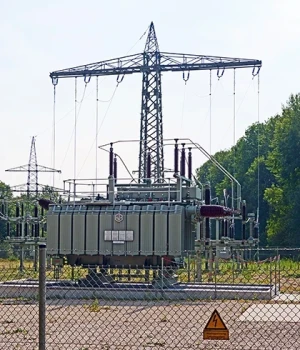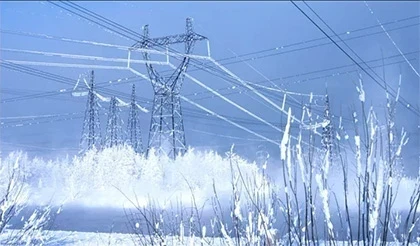B.C. Climate Update: Key Actions in Climate Fight

In British Columbia (B.C.), the climate crisis remains an urgent issue, with various developments over the past few years underscoring the challenges and actions needed to address it. From projections of Earth's warming not improving in recent years to growing calls for a national youth climate corps, and prominent climate activists like Tzeporah Berman receiving global recognition, B.C. continues to be at the forefront of climate action in Canada. Here are some of the most notable climate news stories shaping the province’s future.
Earth’s Warming Projections Remain Unchanged for Three Years
One of the most concerning trends in climate science is that global temperature projections have not significantly improved in the last three years. Despite growing awareness and concerted efforts to combat climate change, global warming remains on a troubling trajectory. According to the latest reports, Earth’s projected temperature rise has largely stagnated, underscoring the need for more drastic and coordinated action to avoid the worst impacts of climate change.
In B.C., the implications of this stagnation are profound. The province has already experienced the devastating effects of extreme weather events linked to climate change, such as the catastrophic wildfires of 2021 and the deadly heat dome that claimed hundreds of lives. The lack of progress in reducing global temperature rise serves as a stark reminder that urgent measures are required at both the national and international levels to curb emissions, invest in renewable energy, and build climate resilience.
In response, B.C. has committed to ambitious carbon reduction goals, but the province's efforts are heavily influenced by the broader global context. As the global temperature continues to rise, B.C. must intensify its efforts to protect vulnerable communities and ecosystems while transitioning to a sustainable future.
B.C. Teachers and Hundreds of Groups Call for National Youth Climate Corps
As climate change accelerates, there is a growing call for meaningful youth engagement in climate action. In B.C., teachers and other groups are among the hundreds of organizations advocating for the creation of a National Youth Climate Corps. This proposal calls for the establishment of a national program that would empower young people to play a direct role in addressing climate change through environmental projects and leadership opportunities.
The idea behind a National Youth Climate Corps is to create a structured, government-supported initiative that would involve youth in activities like reforestation, renewable energy projects, and climate advocacy. This would not only help to mobilize young people in the fight against climate change but also provide them with the skills and opportunities to develop as future leaders in sustainability.
B.C. teachers, who witness the impacts of climate change firsthand in their classrooms and communities, have been vocal in their support for such initiatives. By involving youth in the process, the proposal aims to inspire the next generation to lead the charge for climate justice, while also addressing the immediate challenges posed by climate change. The idea is gaining traction across the country, with many seeing it as a critical step in both empowering young people and ensuring long-term climate resilience.
Tzeporah Berman Named One of Time's Most Influential Climate Leaders
Tzeporah Berman, a prominent B.C.-based environmental activist, has been recognized as one of Time magazine's most influential climate leaders. This prestigious accolade acknowledges Berman’s decades of work in environmental activism, particularly her role in advancing climate policy, advocating for Indigenous rights, and fighting to protect the planet’s ecosystems.
Berman has been instrumental in shaping Canadian climate policy, serving as a co-founder of the environmental group, ForestEthics, and working on high-profile campaigns aimed at protecting forests and advancing climate action. Her work has had a lasting impact on the global environmental movement, pushing for tougher regulations on carbon emissions, greater environmental protections, and the inclusion of Indigenous voices in climate decision-making.
Her inclusion on Time’s list of influential climate leaders highlights the global recognition of B.C. activists’ efforts to combat climate change. In a year where climate change impacts have been more pronounced than ever, Berman’s recognition shines a spotlight on the importance of grassroots activism in driving systemic change. It also underscores the vital role that individuals and organizations in B.C. are playing in shaping a sustainable future.
The Path Forward for B.C. in the Climate Crisis
As B.C. faces continued climate challenges, the province’s response must be both bold and comprehensive. With stagnant global warming projections, growing calls for youth involvement, and influential leaders like Tzeporah Berman leading the charge, B.C. stands at a pivotal moment in the climate crisis.
To build on the momentum of these initiatives, B.C. must strengthen its commitment to sustainable policies, invest in green technologies, and ensure that marginalized communities are supported as they bear the brunt of climate impacts. Furthermore, creating opportunities for youth to become actively involved in climate solutions, as proposed with the National Youth Climate Corps, will empower the next generation to take charge of their future and ensure a healthier, more resilient planet.
As B.C. works to meet these challenges, the collective efforts of activists, educators, policymakers, and citizens will be crucial in driving meaningful change. The province’s proactive stance on climate action, coupled with international recognition of its leaders, sets an example for the world to follow in the fight against climate change.









